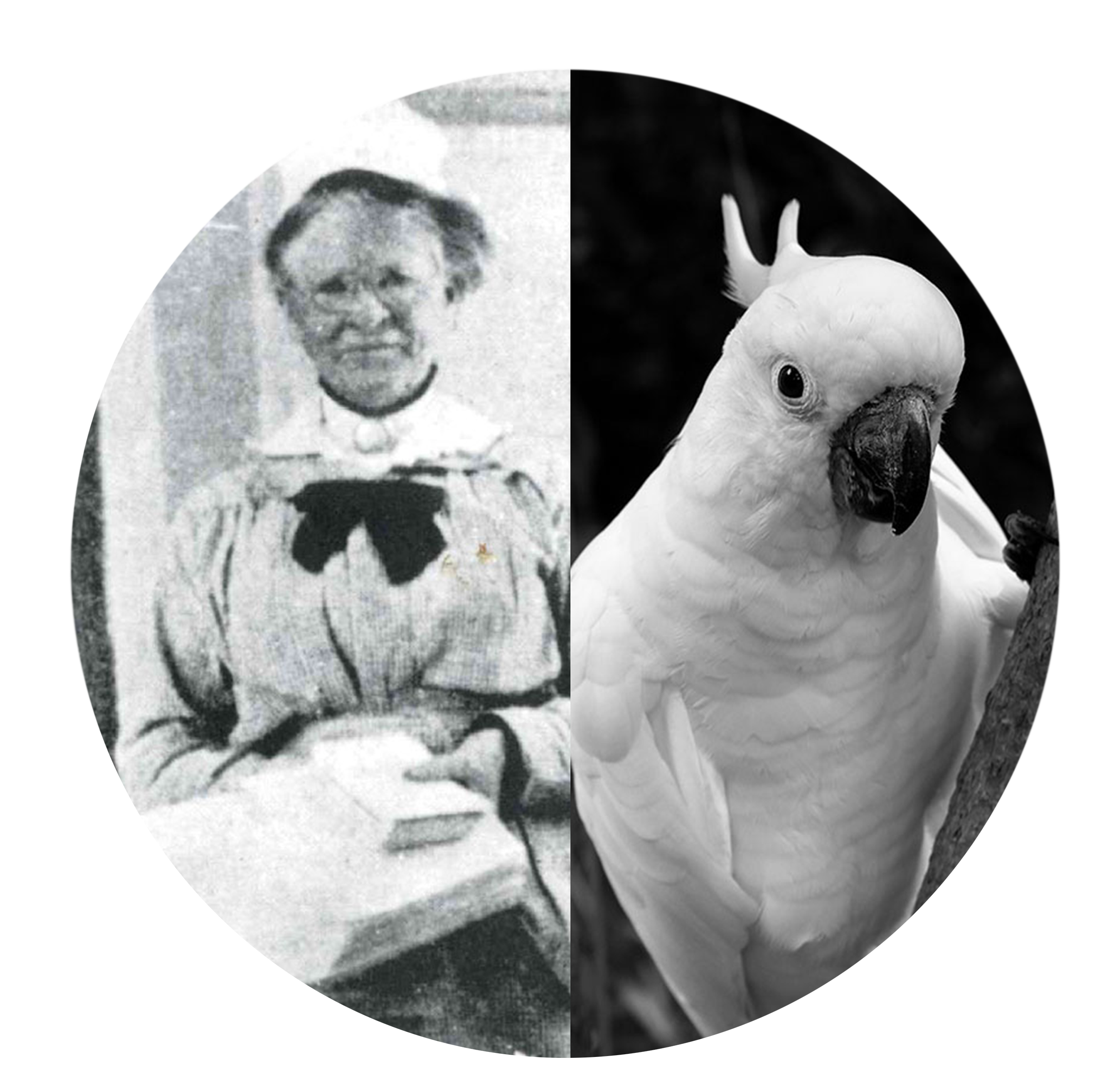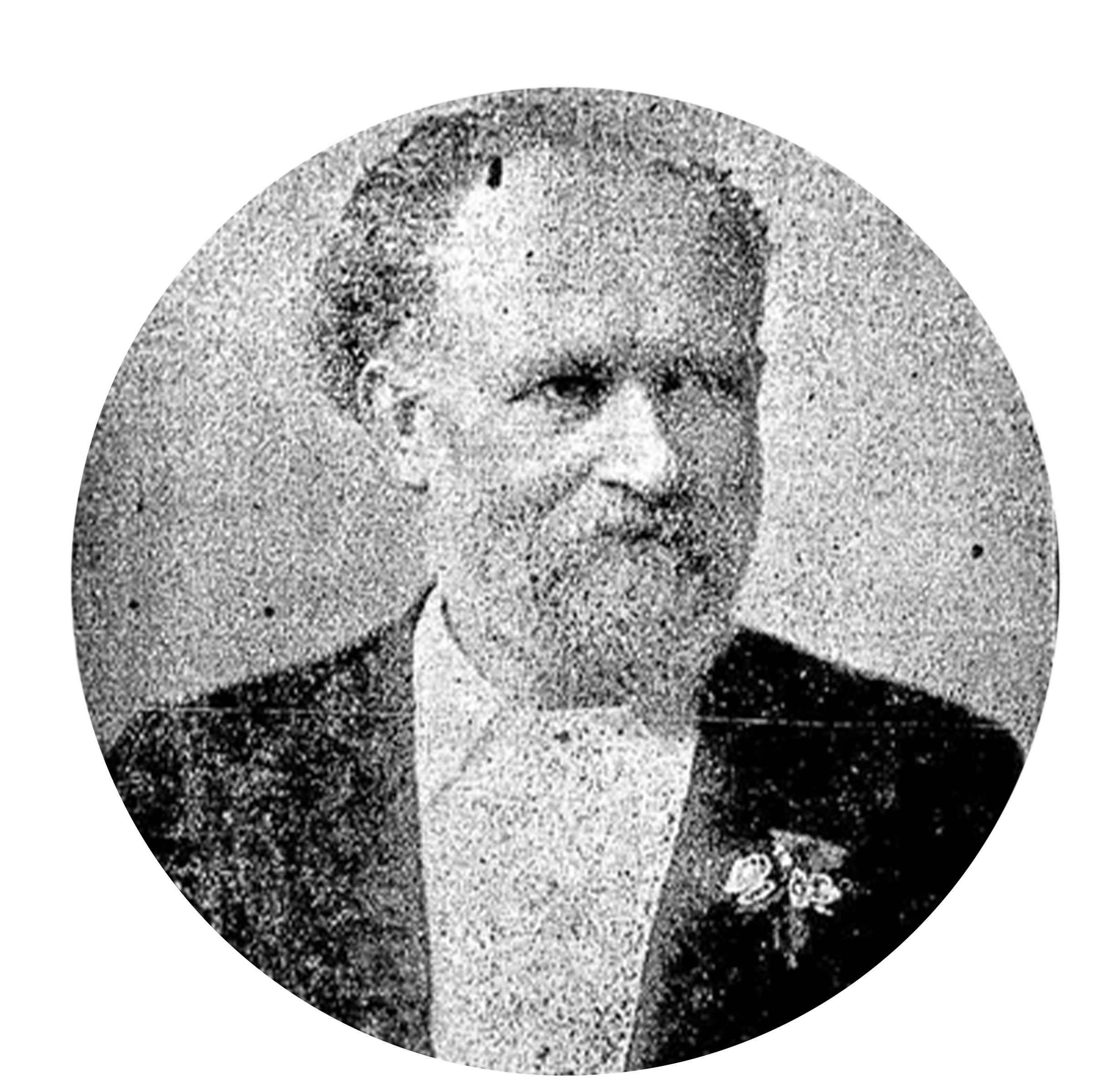 Disciplined yet eccentric, Martha Farquharson career coincided with the professionalisation of nursing across the country, and she was credited for playing her part in the ‘new era’ of training nurses in Bendigo.
Disciplined yet eccentric, Martha Farquharson career coincided with the professionalisation of nursing across the country, and she was credited for playing her part in the ‘new era’ of training nurses in Bendigo.
Martha was born in Ireland and migrated to Australia with her family in the 1860s.
After spending some time working in England in the 1880s, she came back to Australia and held various nursing positions in NSW and Victoria, including at the Melbourne Hospital and the Alfred Hospital before taking the role of Matron at Bendigo Hospital in 1902.
Despite her formidable reputation, Matron Farquharson ‘watched anxiously over her flock’[i] and was known for her personal kindness toward her young nursing staff, whom she had a passion for educating.
She oversaw the nursing training program at Bendigo Hospital during her period as matron and she was an advocate for better pay and conditions for nurses to befit their new professional approach [ii]
She also had a quirky side, ‘attending her rounds in Bendigo with a white cockatoo perched upon her wrist’.[iii]
She retired in 1913 but such was her dedication she returned to the position of Matron of Bendigo Hospital from 1917-19 to allow Matron Ethel Simons to go on active service. She worked without pay during these years.
Matron Farquharson impact on nursing at Bendigo Health was significant and as such, an annual award for nursing excellence at the Bendigo Hospital has been bestowed in her name since 2008.
[i] Aprons and Arches: A History of Bendigo Health Trained Nurses 1883 to 1989, Yolande Collins and Sandra Kippen
[ii] Aprons and Arches: A History of Bendigo Health Trained Nurses 1883 to 1989, Yolande Collins and Sandra Kippen
[iii] Aprons and Arches: A History of Bendigo Health Trained Nurses 1883 to 1989, Yolande Collins and Sandra Kippen
 One of Bendigo hospital’s most influential doctors was a bit of a ghost, according to the medical record books.
One of Bendigo hospital’s most influential doctors was a bit of a ghost, according to the medical record books.
In over 30 years of service to the hospital, not one medical operation or consultation in the surviving records is attributed to Dr Hugh Boyd.
Yet his most noted contribution was as an administrator and in this he arguably had more influence than anyone on medical practice in the hospital's first century.
The youngest son of a Scottish freight carrier, Hugh Boyd grew up in Beith, near Glasgow before moving to Edinburgh to study medicine in the 1860s. He spent a year at the University of Paris and gained first-hand experience of a European style of hospital administration that favoured the appointment of a paid resident doctor in sole charge of all medical matters within the hospital.
The European approach was at odds with the British system of unpaid honorary staff who exerted control within the wards and operating theatres of the hospital.
Boyd came to Bendigo in 1864 and commenced practice. By the 1870s his was reportedly the largest obstetric practice in the district.
He served as an honorary medical officer at Bendigo Hospital in the 1860s, before joining the hospital's committee of management in 1889.
He held this position for 27 years, often as the committee's only qualified doctor, until his death in a horrific car accident in 1916. His role as committeeman included terms as hospital vice-president (1899–1900) and president (1900–01).
Dr Boyd was known for his regard for just causes and the 'welfare of the poor'[1] and was a staunch opponent of the system of honorary control, a system of medical administration which dominated the charity hospitals of the nineteenth and twentieth centuries.
In 1892, Boyd said he knew of no one, doctor or otherwise, who was willing to 'neglect his own private business to attend to that of a public institution.'[2]
His sometimes lone opposition to the honorary system—which denied the professional ambitions of Bendigo's medical fraternity for all but six of his 27 years on the committee—cast Bendigo Hospital as an anomaly in the history of Victorian medicine and, in the view of some observers, helped to give this goldfields hospital its unique character.
- Brett Wright
100 Barnard Street, Bendigo, VIC, 3550
03 5454 6000